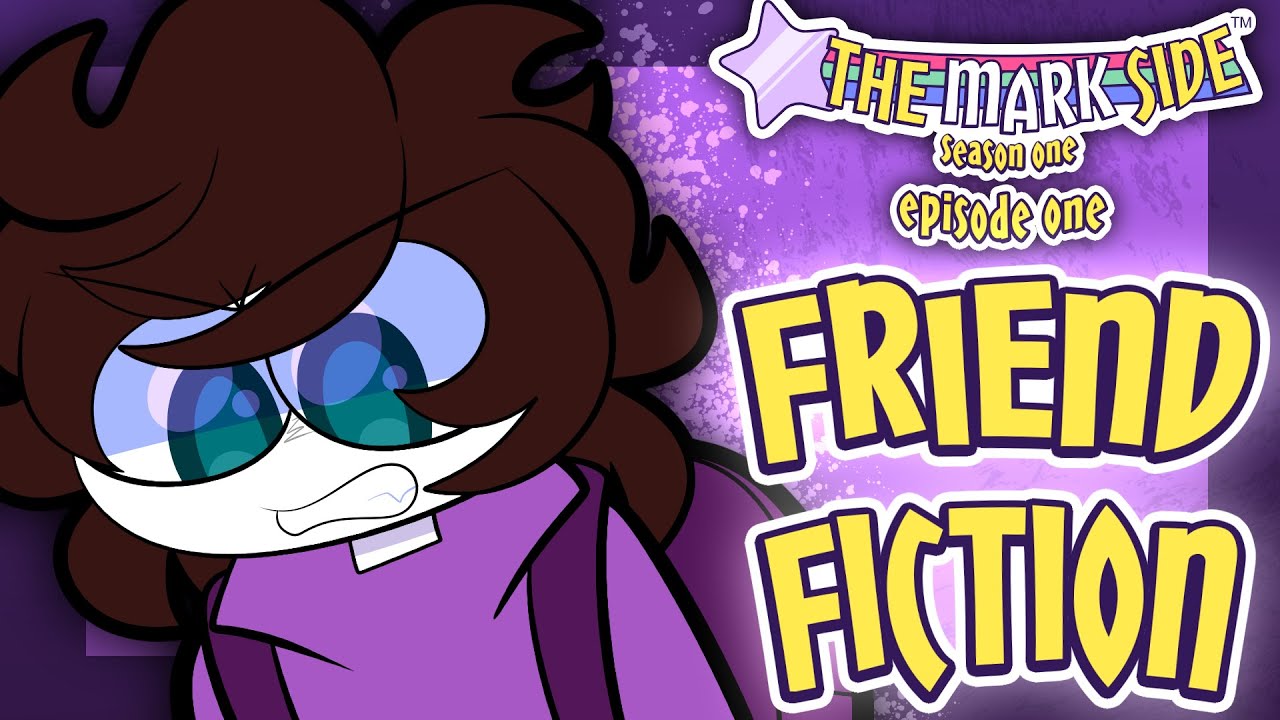One Flew Over The Cuckoos Nest Randle McMurphy's Arrival
Summary
TLDRIn this excerpt, Randall Patrick McMurphy, a defiant and charismatic character, is being evaluated for mental illness after a series of confrontations and criminal offenses. He challenges the psychiatric evaluation, questioning the logic behind his supposed insanity, especially in light of his past actions. McMurphy's bold responses reveal a man who believes he’s being punished unfairly, not because he's mentally ill, but because he refuses to conform to authority. His sarcastic humor and rebellion against the system provide a deeper look into his complex character and struggle for control in an oppressive environment.
Takeaways
- 😀 McMurphy is a 38-year-old man being evaluated for mental illness after being transferred from a work farm to a psychiatric facility.
- 😀 He has a history of belligerence, disrespect for authority, and multiple arrests, including one for statutory rape.
- 😀 McMurphy's attitude is defiant and mocking, showing little concern for the psychiatric evaluation process.
- 😀 He resents being labeled mentally ill, arguing that his behavior is normal, and rejects the idea that he's faking his condition.
- 😀 McMurphy sees himself as a victim of an unfair system, specifically referencing his prison experiences and arrests.
- 😀 He rationalizes his past actions, such as the statutory rape charge, by claiming the girl was 'going on 35' and 'willing.'
- 😀 Despite his brash demeanor, McMurphy expresses a desire to cooperate with the evaluation but under his own terms.
- 😀 He uses humor and sarcasm to deflect the seriousness of the situation, presenting himself as 'a marvel of modern science.'
- 😀 McMurphy is resistant to the notion of being 'crazy,' interpreting psychiatric evaluation as an attempt to control him.
- 😀 The psychiatrist’s goal is to assess McMurphy’s mental state and determine the appropriate treatment, though McMurphy shows no signs of genuine concern about his diagnosis.
Q & A
What is the primary reason McMurphy is being sent to the psychiatric facility?
-McMurphy is being sent for evaluation to determine whether or not he is mentally ill. The authorities suspect that he may be faking his condition to avoid work details.
How does McMurphy respond to the accusations of being mentally ill?
-McMurphy denies being mentally ill and asserts that he's in perfect mental health. He argues that his behavior, which includes fighting and resisting authority, is not a sign of madness but of personal agency.
What is McMurphy's attitude towards the psychiatric evaluation?
-McMurphy is cooperative but maintains a defiant attitude. He expresses willingness to cooperate fully with the evaluation but also makes it clear that he thinks the entire situation is ridiculous, especially the idea that not being a 'vegetable' could be seen as a sign of mental illness.
How does McMurphy justify his past arrests, particularly for assault and statutory rape?
-McMurphy minimizes the seriousness of his past actions, rationalizing them as misunderstandings. He mentions that the statutory rape victim, a 15-year-old girl, appeared older and had told him she was 18, framing the incident as consensual.
What does McMurphy think about the chain and the picture he refers to at the beginning of the transcript?
-McMurphy is proud of the picture he mentions, which shows him holding up a heavy chain. He explains that it took a lot of strength to hold it while the picture was taken, despite the chain not being weighed. This seems to be an anecdote about his physical strength and determination.
How does McMurphy respond to the doctor’s suggestion that he may be faking his condition?
-McMurphy confidently denies faking his condition and dismisses the idea as nonsensical. He expresses frustration at being perceived as mentally ill simply because he does not conform to the expectations of behavior in the psychiatric facility.
What is McMurphy’s opinion about being labeled ‘crazy’?
-McMurphy rejects the label of being ‘crazy,’ saying that if refusing to act like a ‘vegetable’ is considered madness, then he’s 'crazy' in that sense. He doesn't see any reason why he should behave in a way that fits the stereotypical image of a mentally ill person.
How does McMurphy view the psychiatric staff and their approach to his treatment?
-McMurphy is skeptical of the psychiatric staff and their treatment methods. He doesn’t trust their motivations and seems to view their efforts as a way to control or suppress him, rather than a genuine attempt to understand or treat his mental state.
What is the significance of McMurphy’s remark about being a ‘marvel of modern science’?
-McMurphy’s remark is a sarcastic comment aimed at mocking the psychiatric system. He humorously suggests that he’s an exceptional example of human functioning, which contrasts with the doctors’ view of him as someone in need of treatment or correction.
Why does McMurphy compare himself to the boxer Rocky Marciano?
-McMurphy uses the comparison to Rocky Marciano, who had many fights and became a successful millionaire, to downplay the significance of his own five arrests for assault. He implies that his behavior, though involving fighting, is no different from someone like Marciano who achieved greatness despite his past.
Outlines

This section is available to paid users only. Please upgrade to access this part.
Upgrade NowMindmap

This section is available to paid users only. Please upgrade to access this part.
Upgrade NowKeywords

This section is available to paid users only. Please upgrade to access this part.
Upgrade NowHighlights

This section is available to paid users only. Please upgrade to access this part.
Upgrade NowTranscripts

This section is available to paid users only. Please upgrade to access this part.
Upgrade NowBrowse More Related Video

Mental health and criminal justice | Crystal Dieleman | TEDxMoncton

★ THE MARK SIDE - FRIEND FICTION ★ S1: Episode 1 • READ PINNED COMMENT

TINDAK PIDANA #IntisariHukumPidana 1

기싸움에서 무조건 이기는 화법 , 숀댄TV

Mental health vs mental Illness - understanding the difference

[YTP] Chicanery Speech but everything is Jimmy: Chicanerous Edition
5.0 / 5 (0 votes)